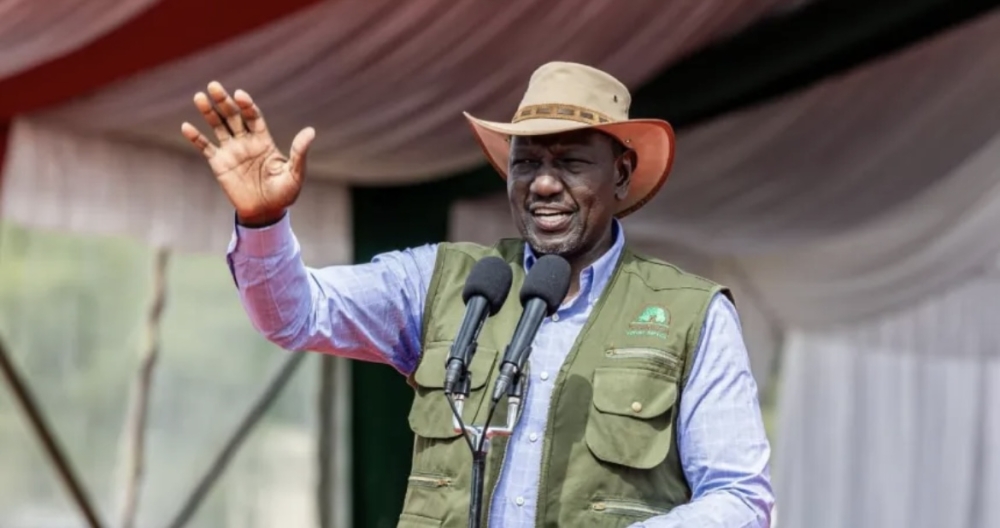Researchers from 11 African countries were in Kigali last week to discuss strategies aimed at scaling up investments in modern rice farming and boost production.

Researchers from 11 African countries were in Kigali last week to discuss strategies aimed at scaling up investments in modern rice farming and boost production.
The event was hosted by Rwanda Agricultural Board (RAB) with facilitation from AfricaRice – a leading pan-African rice research organisation that operates in 25 African countries.
According to Diagne Aliou, AfricaRice’s economist in charge of impact assessment, the training was aimed at introducing continental rice producers to automation of socio-economic surveys and improved methods and tools of the rapidly growing agricultural field.
"Rice growing is one of the budding agricultural fields in Africa and it requires day-to-day modern evaluation theories and practices with a particular focus on their applications that will assess the impact of agricultural research and projects,” he said.
The expert explained that the training in Kigali was in line with the target of leaders in Africa who want the continent’s rice to be able to feed its population and have surplus for international markets.
The Deputy Director General in charge of Research at RAB, Dr. Daphrose Gahakwa, said Rwanda became a member of AfricaRice in 2013 in a bid to learn from other continental producers how to boost rice production.
"It is our first time to host this training since joining the forum last year and it is very important in the way that it will improve our capacity in data collection. Our day-to-day objectives and work means that we need to correct information in order to improve our productivity,” Gahakwa said.
Just as is the case with the rest of Africa, Rwanda has fast growing rice production and consumption rates.
Gahakwa said that rice was grown in 11 marshlands in the country, including Western Province’s Bugarama swamp, which is one of the biggest rice producing marshlands in the country.
"Rice is a very well appreciated and highly paying crop in Rwanda. It has transformed the society economically,” she said.
Rice growing in Rwanda employs about 60,000 households and the crop covers 13,000 hectares every rice growing season with productivity often reaching 5.2 tons per hectare.
But Rwanda still imports 48 per cent, mostly from neighbouring Tanzania and far away in Pakistan. Through rural sector support projects, the Government of Rwanda has been reserving and preparing marshlands for rice production as part of the policy to promote the crop.




